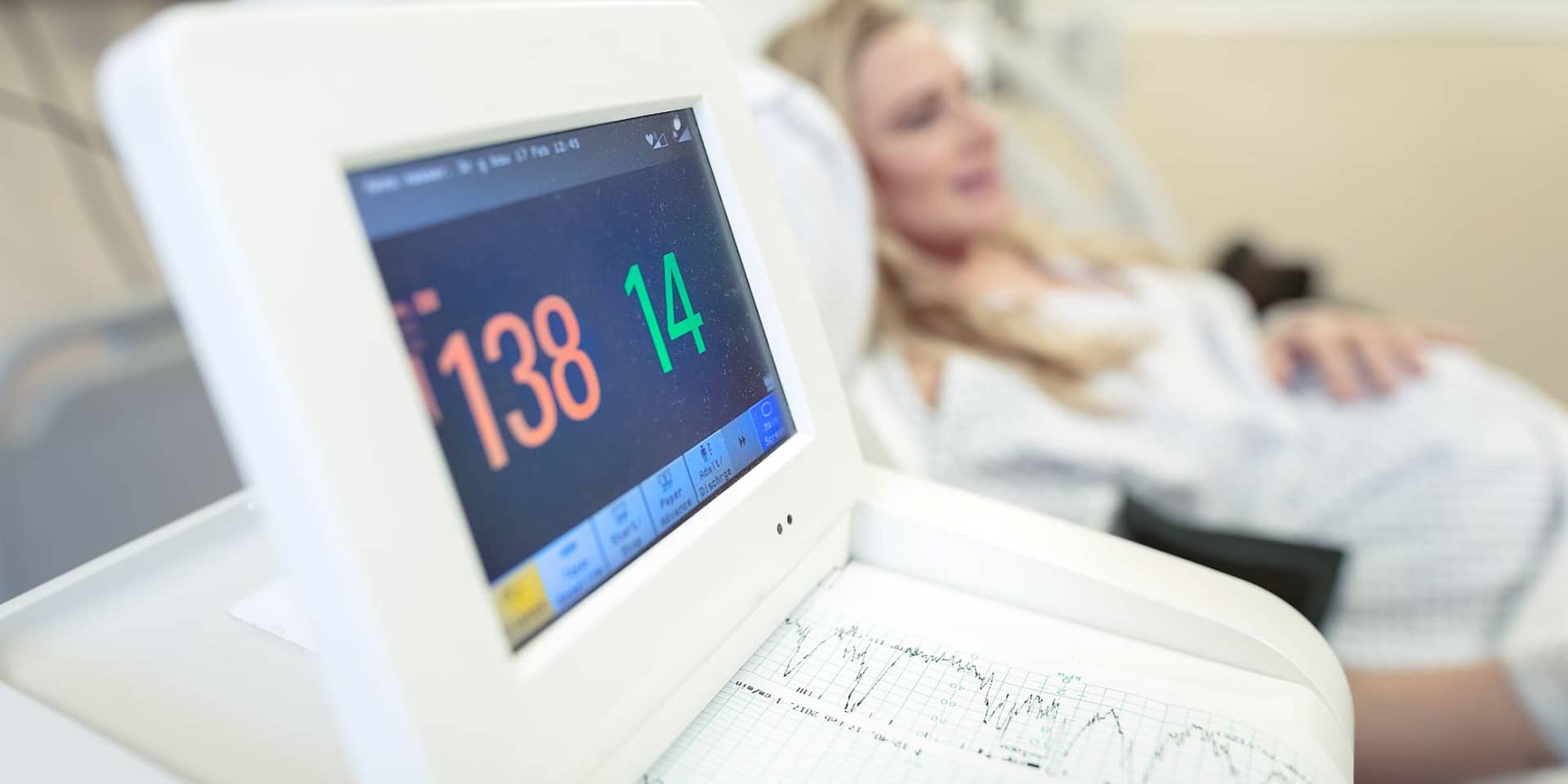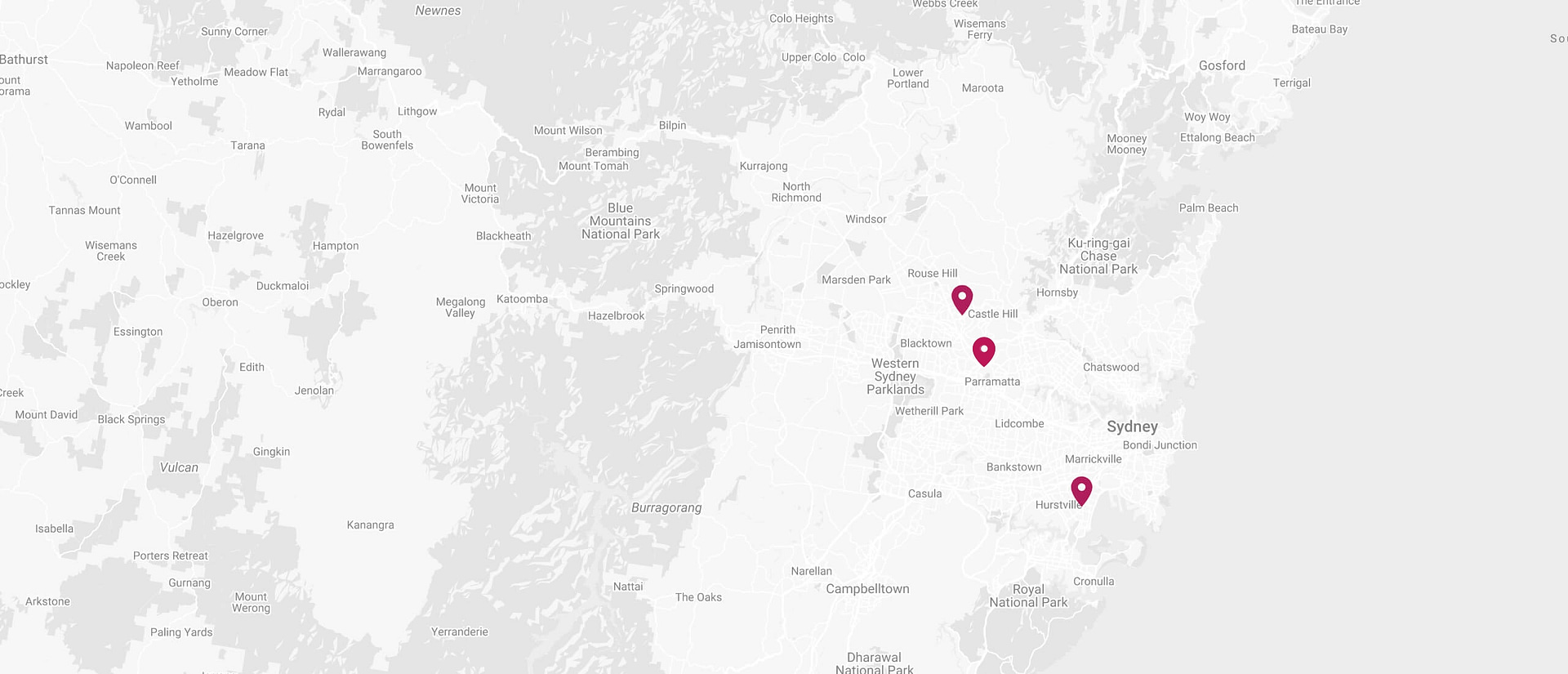Birthing options | Dr Anu Mahadik | Obstetrician Sydney
options
Sydney Obstetrician Dr Anu Mahadik specialised in vaginal birth
Normal vaginal birth
Normal vaginal birth is one of the birthing options I will explain to you during our antenatal consultations.
How do I know I am in labour?
There are many different symptoms which may indicate the start of labour. You may have:
- Period like cramps
- Your tummy may have regular painful tightening’s
- You may lose mucus plug mixed with some blood from your vagina. This is called show.
- You may start leaking watery liquid from your vagina. This may be fluid from the bag of water around the baby. If this happens, you should contact the hospital as you will be asked to come in for a check-up of your baby’s wellbeing. If it is confirmed that you are leaking water from around the baby, then you will be offered an induction of labour within 24 hours depending on your preference.
What are the stages of labour?
What are the options for pain relief that I can use in labour?
There are various different pain relief options that you can use during labour.
- You have the option of using nitrous gas which you can use during your labour. It does not have any aftereffects on either you or your baby. It takes the edge of the pains and you have to use it continuously during the labour.
- Morphine injection is an effective injection. It significantly reduces the pain but does not take it away completely. If it is given too close to the birth of the baby, it can cause transient respiratory depression in the newborn. It can also cause some side effects in the mother including altered perception, nausea and respiratory depression.
- Epidural is an injection that goes in the lower back. It numbs the pain and takes it away completely. This is given by an anaesthetist and is associated with some very rare but serious complications. It may sometimes lower the blood pressure and affect baby’s heartbeat pattern. Your baby’s heartbeat will be continuously monitored if you have an epidural.
- Use of forceps or vacuum may be occasionally needed to safely deliver your baby in an event of concern with your baby’s heartbeat pattern in second stage of labour/long second stage/prolonged pushing is not advised for your health problems.
- You still have to push; this is just an assistance your pushing efforts
- The vacuum uses a soft plastic suction cup which is placed on the baby’s head, whereas the forceps are metal spoons which fit around the baby’s head.
- They can sometimes cause minor bruising to the baby’s scalp. Very rarely they can cause bleeding under the baby’s scalp or damage to the skull bone.

C-section with Sydney Obstetrician Dr Anu Mahadik
Caesarean section
A Caesarean birth is another birthing option that I will explain when we see each other in the months and weeks leading up to your delivery. A c-section is a delivery where a baby is born through a cut in the mother’s belly. This requires an anaesthetic which could either be a spinal anaesthetic (given through a needle in the back to numb the belly and legs, “awake anaesthetic” where you remain awake and your support person can be present with you in the operating theatre for the birth of your baby.
When is a caesarean birth required?
Caesarean birth could be planned or elective which means it is known during your pregnancy that you will need birth via caesarean section, and this is usually performed after 39 weeks. This may be because you have had a previous caesarean birth, your baby is not lying head down, the placenta is lying low inside the uterus, twin pregnancy (if first twin is not coming headfirst). Apart from these, there are many other reasons why you may need a planned caesarean delivery.
Emergency Caesarean section is done during labour, either because the progress of labour is inadequate, or the labour has obstructed, or the baby is getting distressed and not coping with the stress of labour.
What are the complications of a caesarean section?
Caesarean Section is generally a safe and a commonly performed operation. However, there are certain uncommon complications that could occur during or after a caesarean section. These include:
- Bleeding
- Infection
- Damage to organs like the bowel/bladder that like close to the uterus
- Blood clots
- Reaction to anaesthetic
- Risks in future pregnancies (repeat caesarean section, morbidly adherent placenta)
What should I expect after a caesarean section?
- You will not be mobile for 8-10 hours after the operation
- You will need regular pain medications for a few days
- You will have a drip in your arm and be given fluids through it
- You will have a tube/catheter going into your bladder to avoid retention of urine. This is usually removed the following day
- You will be in the hospital for the next 2-3 days
- The recovery takes 4-6 weeks and you will need support at home during this time. You will not be able to lift heavyweight, climb too many flights of stairs or drive your car during this time.
Antenatal care Sydney
Frequently asked questions about pregnancy care
Across all trimesters of your pregnancy you should:
- Avoid foods that may contain listeria bacteria as this can cause fetal death (unpasteurised milk, soft cheeses, cold processed meats, pre-cut fruit and salads, pâté, raw seafood and smoked seafood)
- Wash raw vegetables and thoroughly cook all foods from animals to avoid listeria
- Avoid eating uncooked or undercooked meat to avoid toxoplasmosis
- Avoid cleaning cat litter boxes
- Quit smoking, alcohol and other drugs
- Avoid exposure to secondhand smoke
- Reduce your caffeine intake
- Discuss all over-the-counter drugs you take or are prescribed with your doctor or pharmacist
- Eat a healthy balanced diet with plenty of water
- Regular low intensity exercise at least 3 times a week
Sydney Obstetrician Norwest and St George Private Hospitals
Consulting in Westmead and Kogarah
My consulting rooms are in Westmead. If you are preparing for your antenatal care and looking for the best and most suitable solution, you can count on my practice to help you.
If you live in the Sydney CBD, or south of Sydney, you may be best served by coming to my rooms in Kogarah, at St George Private Hospital Medical Suites.
I am affiliated with Norwest Private Hospital, St George Private Hospital and Westmead Private Hospital.
Westmead Private Hospital welcomes over 2,300 babies into the world each year. They demonstrate a leading and innovative approach to outcome-focused care for women and their families prior to, during and after childbirth.
New parents will enjoy the modern conveniences and perks of a luxury hotel when they experience Westmead Private Hospital’s maternity unit, which has a strong emphasis on assisting new families in the journey of parenthood, with comprehensive postnatal education provided by their maternity team.
They have the unique advantage of being co-located with both Westmead Hospital and Westmead Children’s Hospital. This allows us to provide our patients with the highest standard of private care whilst having access to tertiary level care facilities if required (*access to Neonatal Intensive Care at Westmead Hospital and Westmead Children’s Hospital is dependent on bed availability).
The Maternity Unit comprises:
- 8 birthing suites
- 46 bed antenatal/ post natal unit
- 14 cot Special Care Nursery
- 8 spacious Parenting Suites (additional costs apply)
- Women’s only Infant Feeding Support Centre supported by experienced clinicians
- Education Centre
- Bathing Centre
- Rooftop garden for the whole family to enjoy
- All private rooms with ensuite
Guaranteed Private Room
Westmead Private Hospital is pleased to offer all of our maternity patients the guarantee of a private room following the birth of their baby. One support person is welcome to stay free of charge.
More information on the maternity services at Westmead Private Hospital.
I come from a family of doctors and it has always been my intuitive first choice to become an Obstetrician and Gynaecologist. I basically grew up in it, with my father being one of the co-founders of a series of IVF clinics in India. Care for mothers and the babies they are expecting has always been my first nature and I am grateful for being able to serve my patients in their journey.
So if you are in that phase where you are not sure how to choose a private obstetrician in Sydney, let’s have a chat so we can plan your antenatal care together.
